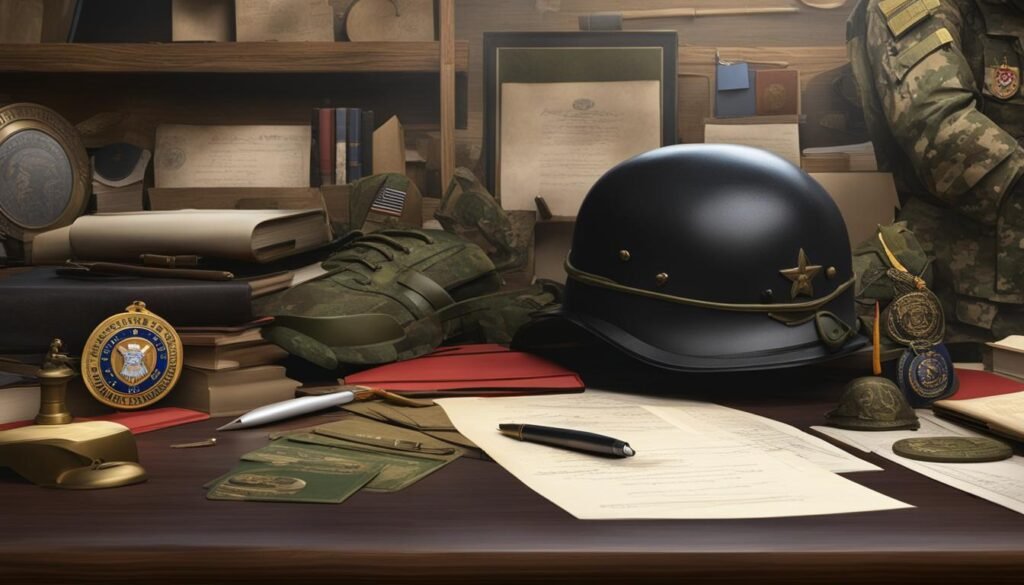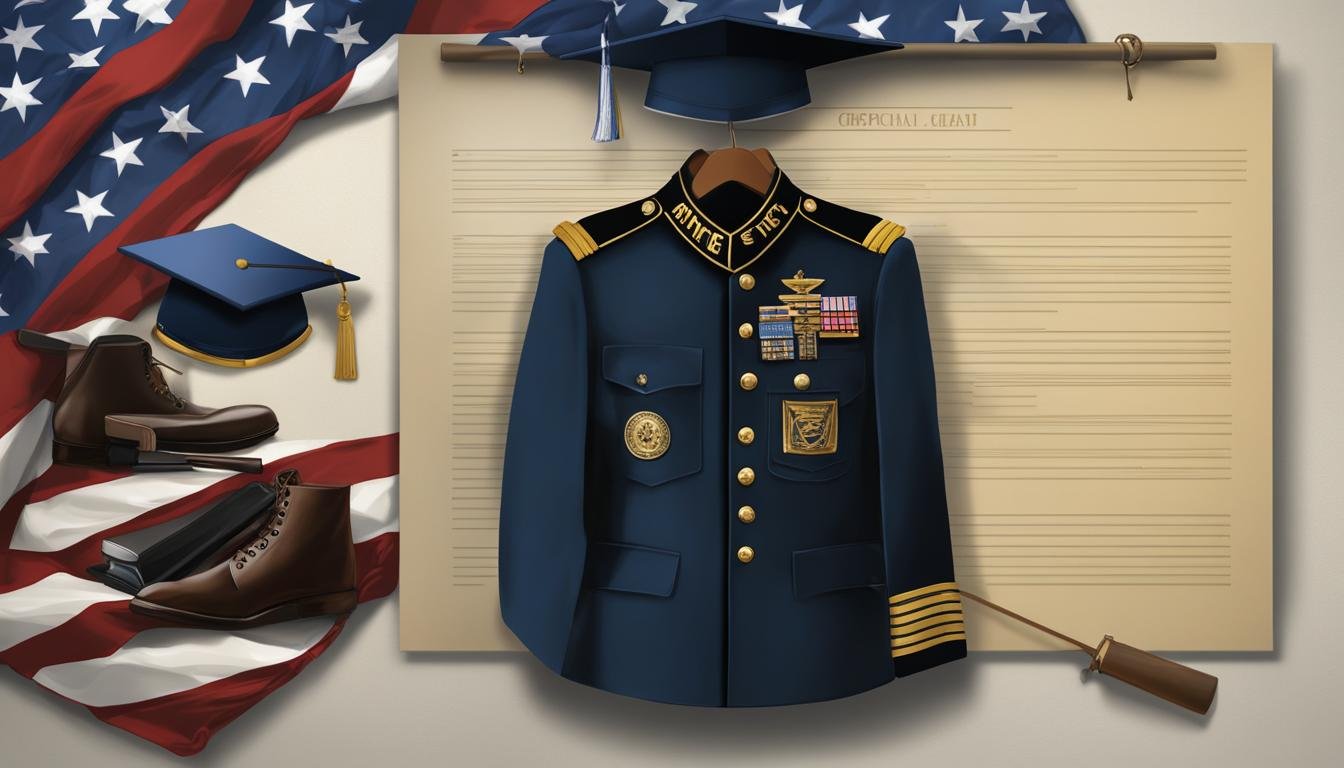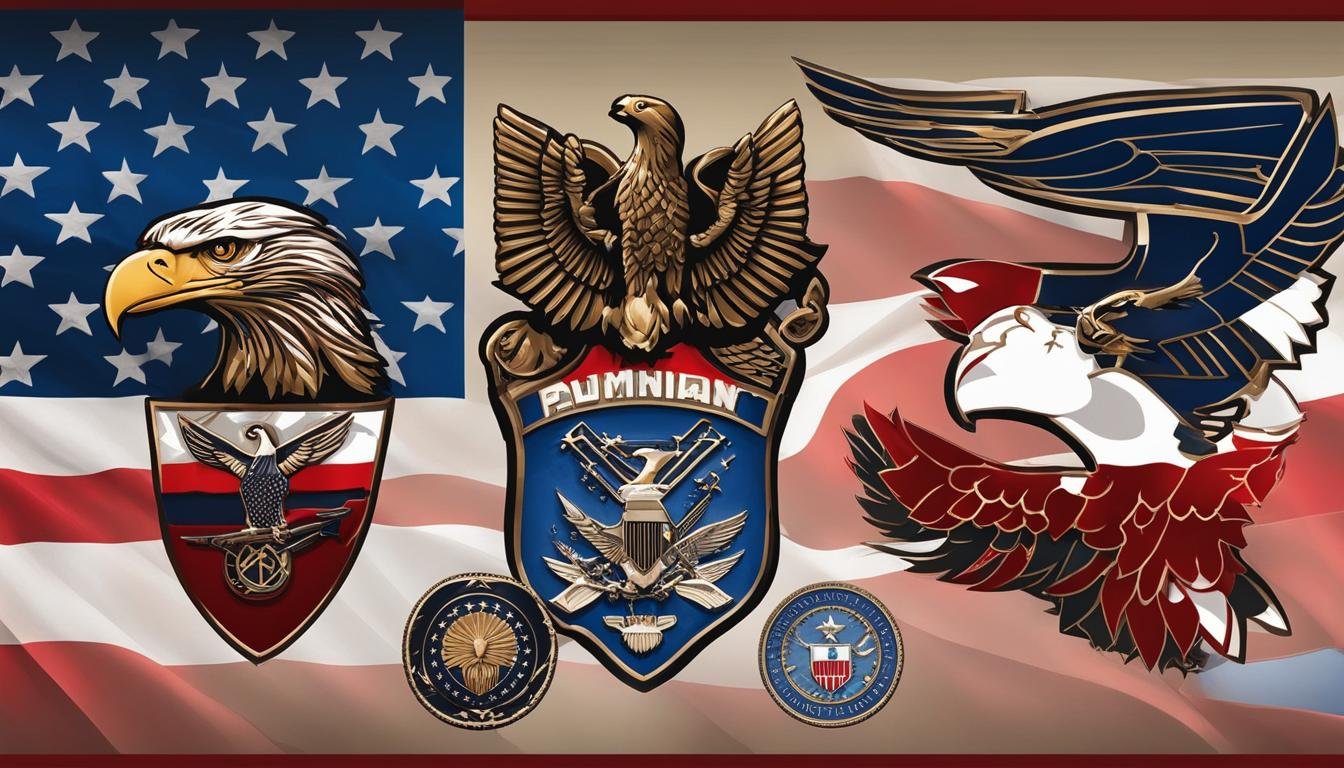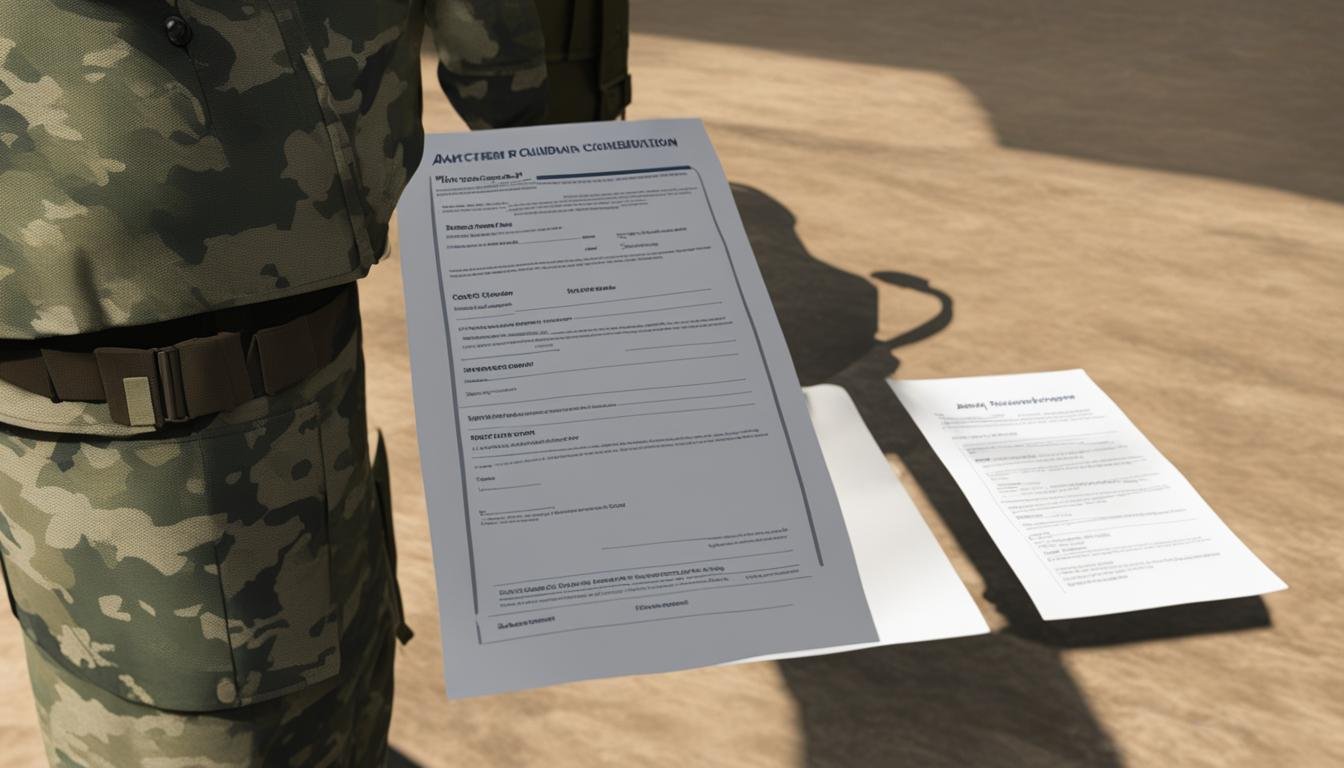Many veterans heading to school can get college credit for their military training and experience, including leadership development courses. Coupled with classes they may have completed during active duty, this could give some student veterans a big head start on their post-military education. Credit transfer policies vary widely by state and institution, so it is critical that service members planning to attend college when they separate start the process early.
Three organizations, including the American Council on Education (ACE), Servicemembers Opportunity Colleges Consortium (SOC), and Defense Activities for Non-traditional Education Support (DANTES), offer assistance to service members pursuing a degree during and after their service. These organizations evaluate military training and occupations, award credits for military training and academic testing, and manage special education programs. ACE helps veterans and current service members by creating easily accessible web transcripts of their military training and publishes a transfer guide to understand military transcripts and credit recommendations. The College-Level Examination Program (CLEP) and Defense Activity for Non-Traditional Education Support (DANTES) also offer standardized tests that allow service members and veterans to receive college credit for their existing knowledge in various subjects.
Key Takeaways
- Military training and experience can be converted into college credits.
- Organizations like ACE, SOC, and DANTES assist service members in evaluating and awarding credits for military training.
- Transfer policies for credit vary by state and institution, so early planning is essential.
- CLEP and DANTES exams offer standardized tests to earn college credit for existing knowledge.
- Utilizing military experience can provide a head start on post-military education.
How to Convert Military Training into College Credits

Converting your military training and experience into college credits can significantly accelerate your academic journey. To maximize the credit transfer process, it is important to start by researching and selecting a school that values nontraditional learning methods. Each institution has its own credit transfer policies, so it is crucial to understand how they handle credit transfers before applying.
An essential step is to review your military transcript early and have your school evaluate your official transcripts, including those from other educational institutions you have attended. Consulting with an academic adviser can also help you avoid unnecessary classes and streamline the credit transfer process. Take charge of your education by following up with the academic departments responsible for handling credit transfers to ensure a smooth transition.
To expedite the process further, programs like the College-Level Examination Program (CLEP) and Defense Activity for Non-Traditional Education Support (DANTES) exams offer standardized tests that allow you to demonstrate your existing knowledge and earn college credit. These exams can save you both time and money by granting credit for your proficiency in various subjects.
By being proactive and thorough in your approach, you can successfully translate your military experience into valuable college credits. With careful planning and utilization of resources like CLEP and DANTES exams, you can make the most of your military service and optimize your educational opportunities.
Military Training Equivalent to Academic Credit

Military experience can be a valuable asset when it comes to earning college credits. Many colleges and universities recognize the training and education that service members receive during their time in the military, and offer transferable credits that can be applied towards a degree. By leveraging your military training, you can maximize your credit opportunities and accelerate your progress towards higher education.
One way that military experience can translate into college credits is through physical fitness training. Most colleges grant credit for recruit training and physical fitness courses completed during military service. Additionally, service schools and certain distance learning courses may also be eligible for credit transfer. These credits can provide a significant head start towards earning your degree.
Another avenue for earning college credits is through military occupational specialty (MOS) training. Many colleges recognize the skills and knowledge acquired during specialized training in various military occupations, and award credits accordingly. It is important to consult with academic advisors and utilize resources such as the Servicemembers Opportunity Colleges group (SOC) to navigate the credit transfer process and ensure that you are maximizing your credit opportunities.
Table: College Credits for Military Training
| Training | Credit Conversion |
|---|---|
| Recruit Training | Up to 6 credits |
| Physical Fitness Training | Up to 3 credits |
| Service Schools | Varies by institution and course length |
| Military Occupational Specialty (MOS) Training | Varies by institution and occupation |
Keep in mind that credit transfer policies vary by state and institution, so it is important to research and understand the specific requirements of the colleges you are considering. Utilizing resources like the American Council on Education (ACE) and the College-Level Examination Program (CLEP) can also help you navigate the credit transfer process and earn additional credits through standardized exams.
By leveraging your military training and utilizing the resources available to you, you can maximize your credit opportunities and make the most of your higher education journey.
Can Military Service Experience Help Me Earn Academic Credit?
Military service experience can indeed help you earn academic credit for military. Many colleges and universities offer credit for military training and experience, allowing you to apply your learning towards your degree. This can save you time and money on your educational journey.
Conclusion
Military service offers a unique opportunity for service members and veterans to convert their training into valuable college credits. By understanding the credit transfer policies of different institutions and utilizing resources such as ACE, SOC, and DANTES, individuals can make the most of their military experience in an academic setting.
Through programs like the College-Level Examination Program (CLEP) and Defense Activity for Non-Traditional Education Support (DANTES) exams, service members can demonstrate their existing knowledge and earn college credit. These standardized tests provide a convenient and cost-effective way to showcase proficiency in various subjects.
It is important to note that each school has its own credit transfer policies. Therefore, researching and selecting a school that values nontraditional learning methods can maximize the credit you receive for your military training. Proactively checking your military transcript early on, seeking guidance from academic advisers, and following up with the academic departments handling credit transfers can ensure a smooth and efficient process.
By taking advantage of these resources and planning ahead, service members can gain a significant head start on their higher education journey. Military training can be a valuable asset when pursuing academic programs, and with careful coordination, it can pave the way for a successful transition into civilian life.



